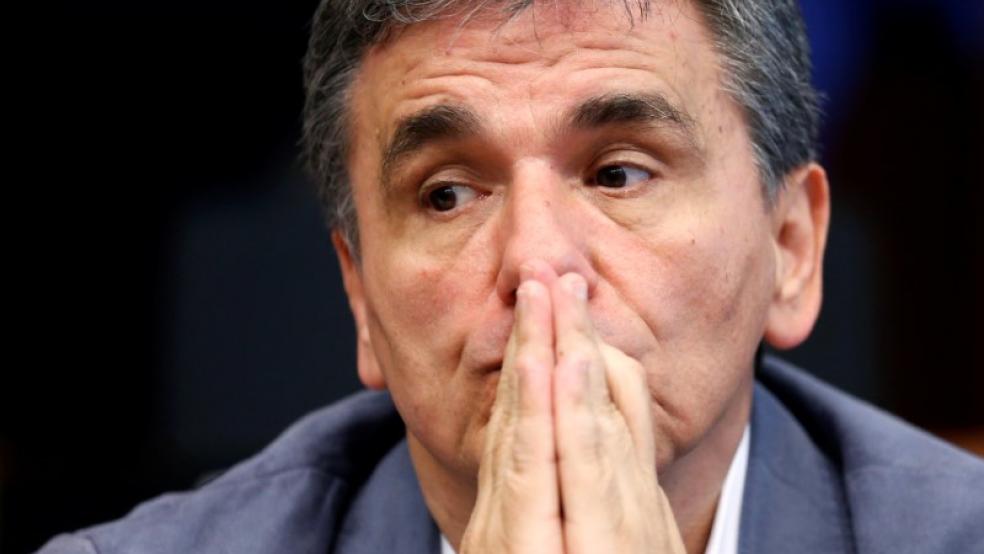Crisis-hit Greece has been lobbying hard to get its debt, at 179 percent of GDP is the highest in the euro zone, back to manageable levels. The country's foreign creditors including the ECB agree to the idea but have yet to decide how it will work.
Francesco Drudi, who represents the ECB in bailout discussions with Athens, said any projections on Greece's future economic outlook would take debt relief into account.But "debt relief measures should be designed in a way that does not discourage the path of reforms," he told a conference in Athens.In May, euro zone governments offered Greece debt relief in 2018, when the country's current bailout accord - its third since 2010 - expires. They did not specify how it could be done, partly because of Germany's view that no immediate remedial action was required, and the position of the International Monetary Fund that decisions were required now.Drudi also said the ECB would need to take a new sustainability analysis into account before deciding whether Greek debt can be included in its quantitative easing program.Inclusion in the asset purchase scheme would cut Greece's debt servicing costs. (Reporting by George Georgiopoulos; editing by John Stonestreet)Greek debt relief no substitute for reforms, says ECB official

Francois Lenoir



